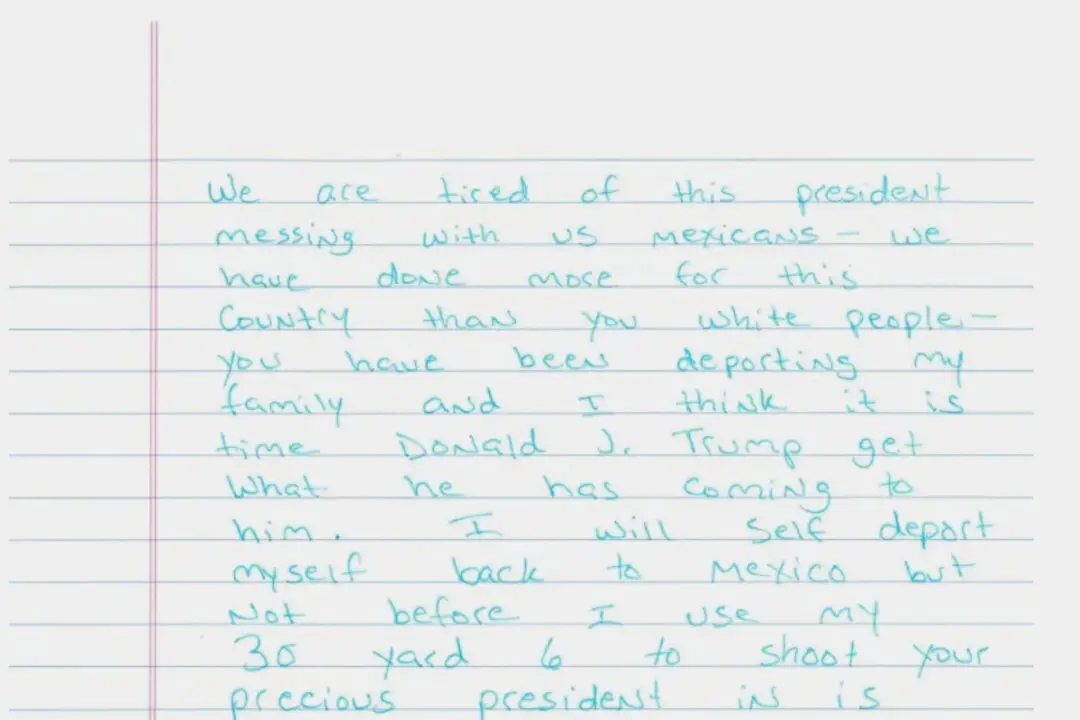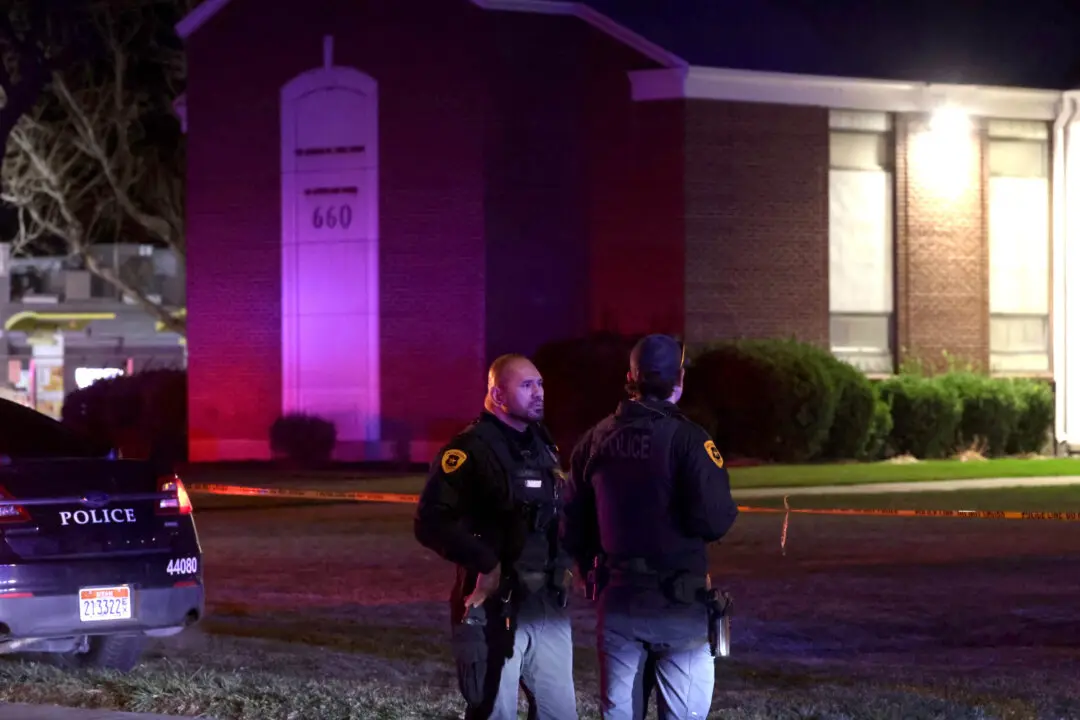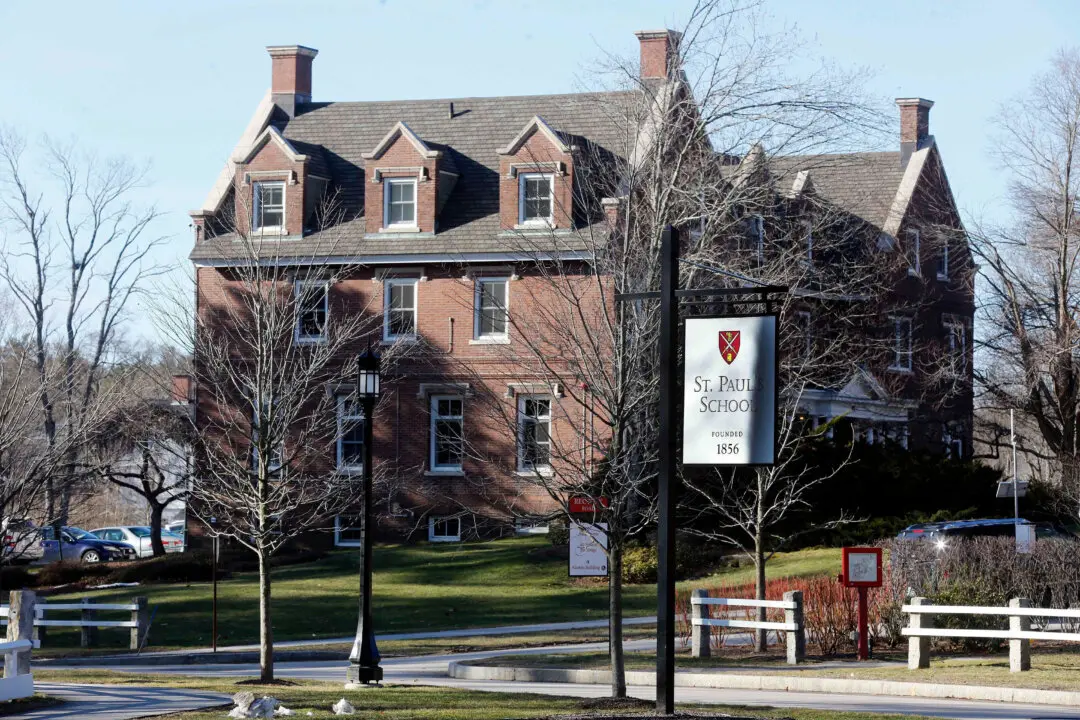WASHINGTON, Pa.—Taking a short break from his many duties, Richard Horner recalled his days as a patrolman, when police officers were sometimes stationed at school entrances to sign in visitors.
Now a school officer, Horner rarely sits on the job. Instead, he is all over Trinity Area’s six schools. He has even gone to homes for wellness checks and to help parents get their kids out of bed and off to school.
As law enforcer, protector and instructor, Horner’s job encompasses not only maintaining a safe environment but also education and outreach.
“In my job, I do a little bit of everything,” said Horner, who retired from North Franklin Township Police Department in 2013 and became the district’s officer in February 2014.
Police departments have long had a presence in schools. In the wake of the Columbine High School shootings in 1999, that presence expanded. With the help of federal and state grants, districts began placing full-time officers in schools.
Safety continues to be the top priority, but the role of school officers has expanded to include education, conflict resolution, investigations and community outreach. Grants continue to diminish, but many districts are opting to foot the bill for their police officers.
“We call on him to do a variety of things,” said Trinity Superintendent Dr. Michael Lucas. “We value this position.”
The National Association of School Resource Officers, the most widely recognized certifying organization, divides the function into three duties: teacher, counselor and law enforcement officer.
Assistant Superintendent Donald Snoke said “Chief,” as Horner is affectionately called, fills all those roles.
“He develops relationships with the kids. Our kids are extremely receptive to that. He has a tremendous calming effect on everybody,” Snoke said. “The great thing about his position is that he’s proactive instead of just reactive.”
“I try to talk to someone before they get in trouble,” Horner said. “I like to put fires out before they start.”
Washington School District’s school resource officer, Todd Foreman, a city patrolman and detective who started at the district in 2004, agreed that forging relationships with students helps avoid or de-escalate potential problems.
“Through the years, the number of arrests at school have dropped dramatically. There’s more of an understanding of what’s expected from students,” Foreman said. “Getting to relate to the kids, showing empathy to students—I think that’s helped.”
In a county that’s mostly rural, being an officer in a city school is unique.
“There’s a greater risk for certain things, like violence. We have a large population on probation. Those types of things make it more difficult. Sometimes you arrest someone’s family and now there’s resentment. A lot of our kids here have been through things a lot of adults haven’t been through. It’s rough,” he said. “A lot of students see a person in uniform and show respect. There’s a small group that lacks respect for a police officer, but that’s very little.”





